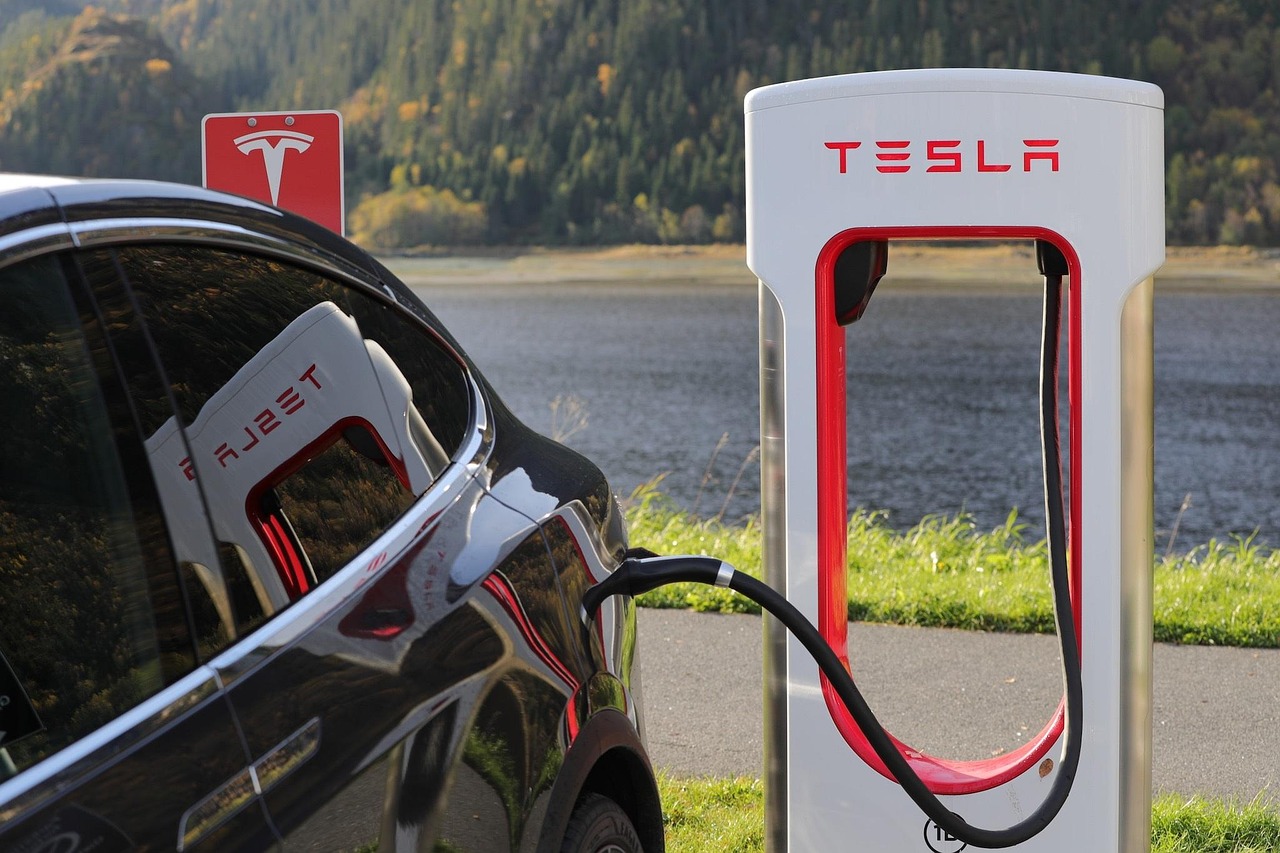After years of speculation, negotiations, and policy delays, Tesla has officially entered the Indian market, marking a major milestone in the evolution of India’s electric vehicle (EV) landscape. The U.S.-based EV giant, led by Elon Musk, is set to inaugurate its first showroom and experience center in Mumbai on July 15, 2025—a move that signals not just entry, but intent.
Tesla’s India debut will begin with the import of Model Y, one of the company’s most popular mid-range SUVs, priced between ₹55–60 lakh after duties. The first batch has already landed at Mumbai Port and is currently undergoing homologation and compliance checks. While this entry is limited to CBU (completely built units), Tesla is also reportedly in discussions with Indian authorities about local manufacturing—contingent upon a reduction in import tariffs.
Sources close to the company say Tesla is actively exploring factory locations in Maharashtra, Gujarat, and Tamil Nadu, with a Memorandum of Understanding (MoU) likely to be signed by year-end, subject to policy incentives and land allocation.
This development comes on the heels of Tesla’s improved relations with India’s central government. Earlier hesitations around high tariffs and data localization have been addressed through pro-business reforms and a new EV import policy window, allowing global automakers to test the Indian market before committing to local production.
Union Minister for Commerce & Industry, Piyush Goyal, welcomed Tesla’s entry, tweeting:
“India’s EV revolution gets a major boost. Tesla’s arrival is not just about cars—it’s about innovation, sustainability, and opportunity.”
The move is expected to stir competition within India’s premium EV segment, which is currently dominated by BMW iX, Mercedes EQ series, and Tata’s Jaguar I-PACE. Domestic players like Tata Motors, Mahindra Electric, and Ola Electric have also upped their game with upcoming models that will compete for early EV adopters.
Despite the buzz, challenges remain. Tesla will face hurdles in charging infrastructure, after-sales service, and localized content, which are critical for long-term success in India’s complex auto market. However, the brand’s cult following, global prestige, and software-first approach give it a strong head start.
Investor sentiment around this launch is positive. Tesla stock rose 2.3% in after-hours trading on NASDAQ, while Indian auto suppliers saw modest upticks, anticipating partnerships and joint ventures in the near future.
From a policy standpoint, Tesla’s formal entry strengthens India’s narrative of being a global manufacturing and innovation hub. As the country eyes net-zero goals and reduced oil imports, high-profile EV entrants like Tesla bring both visibility and viability to the clean mobility mission.
With its Mumbai launch as a starting line, Tesla is now officially in the Indian EV race—and the road ahead promises to be electric.

